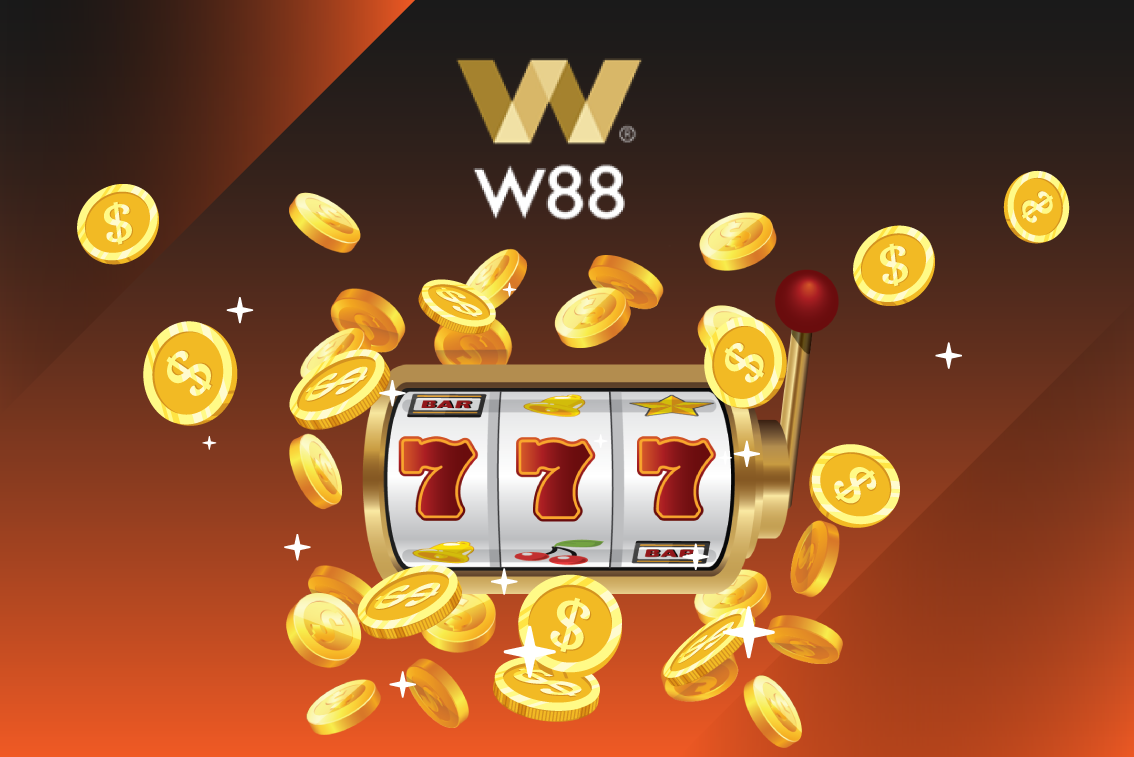
Online slots have become a staple of modern gaming, offering a thrilling experience for millions of players worldwide. But what drives their appeal, and why do some players become addicted? This article delves into the psychology of online slots, exploring the factors that contribute to their popularity and the potential risks of addiction.
Cognitive Biases and Online Slots Variable Ratio Scheduling: Slot machines use unpredictable rewards to keep players engaged. Loss Aversion: Players fear losses more than they value wins, leading to prolonged play. Narrow Framing: Focus on short-term gains obscures the long-term odds.
Emotional Connection and Online Slots Dopamine Release: Slots trigger the brain’s reward system, releasing feel-good chemicals. Escape and Relaxation: Players seek stress relief and entertainment. Social Interaction: Online communities and chat features foster social connections.
Addiction and Online Slots Signs of Addiction: Chasing losses, neglecting responsibilities, and withdrawal symptoms. Risk Factors: Mental health, stress, and impulsivity increase vulnerability. Prevention and Treatment: Responsible gaming tools, support groups, and therapy.
Responsible Gaming and Online Slots Self-Regulation: Set limits, monitor play, and take breaks. Operator Responsibility: Implement responsible gaming tools and support. Education and Awareness: Inform players about psychology and addiction risks.
Online slots’ appeal stems from a combination of psychological factors, including cognitive biases, emotional connections, and social interactions. While enjoyable for many, they pose a risk of addiction for some. By understanding these factors and promoting responsible gaming practices, we can ensure a safe and enjoyable experience for all players.
Additional Resources Books: “The Psychology of Gambling” w88 by Richard McGowan, “Addiction by Design” by Natasha Dow Schüll Online communities: Responsible Gaming Forum, Gambling Therapy Courses: “Responsible Gaming” by Gaming University, “Addiction Counseling” by Psychology Institute.